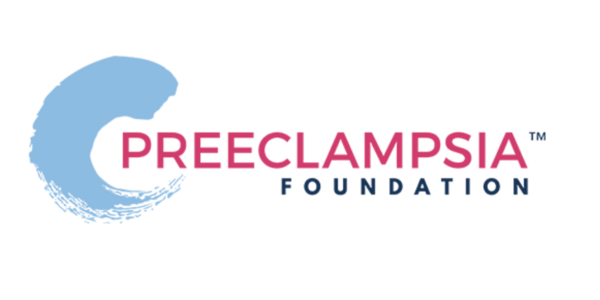Mobile Menu
- About Us
- Our People
- Research
- Undergraduate Education
- Future Grad Students
-
Current Grad Students
- Program Requirements
- Graduate Courses
- Health, Wellness, and Inclusion
- Forms
-
Funding
- 2024-25 Temerty Faculty of Medicine Harmonized Base Funding Agreement
- 2023-24 Temerty Faculty of Medicine Harmonized Base Funding Agreement
- Government-Funded Awards
- External Awards
- Internal (U of T) Awards
- PSL Restricted Awards
- Dissertation & Postdoctoral Research Awards
- Funding Information for International Students
- Other Sources of Financial Assistance
- Teaching Assistantships Opportunities
- Student Affairs
- GASP
- PhysioMP
- Intro Course


